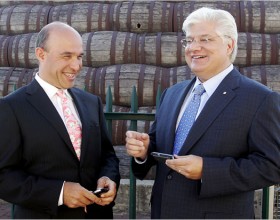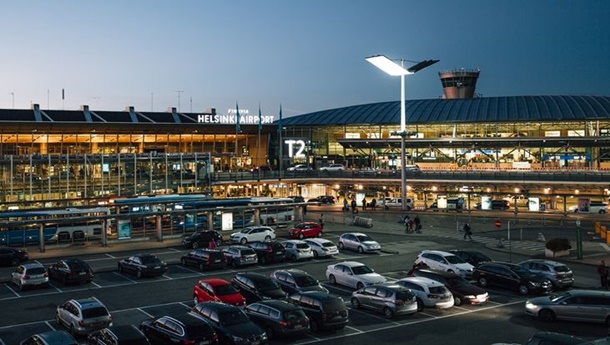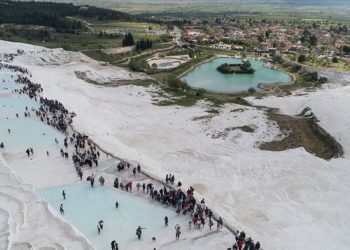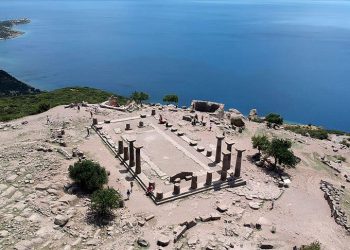 At the start of this decade, Nortel Networks was perhaps the most hated company in Canada. The collapse of technology stocks combined with an accounting scandal destroyed the widely held telecommunications company’s share price and, with that, the savings of thousands of Canadians.
At the start of this decade, Nortel Networks was perhaps the most hated company in Canada. The collapse of technology stocks combined with an accounting scandal destroyed the widely held telecommunications company’s share price and, with that, the savings of thousands of Canadians.
But now that Nortel is being broken up through bankruptcy proceedings, many Canadians have found, if not a renewed love, at least a feeling of nostalgia for the 114-year-old company.
The prospect of foreign companies’ picking the bones of what was once Canada’s largest corporation has prompted the hasty reassessment of Nortel.
James L. Balsillie and Michael Lazaridis, the two men who brought the world the BlackBerry, are among the prominent Canadians who are calling on the government to review the proposed $1.13 billion sale of Nortel’s wireless infrastructure business to Ericsson, the Swedish company that dominates that business. Last week, the industry committee of the House of Commons in Canada held an unusual emergency meeting to discuss Nortel’s fate.
Nortel is bankrupt, its shares are delisted, its former top executives remain under criminal indictment, its businesses are rapidly shrinking and its chief executive and most of the board resigned this week. But several Canadian politicians argue that the company may be too valuable to fall into Swedish hands.
“We need to put a magnifying glass on this,” Brian Masse, a member of the industry committee, said from his constituency in Windsor, Ontario, on Tuesday.
The renewed interest in Nortel among Canadians has several roots. Mr. Balsillie and Mr. Lazaridis appear to have taken up the mantle because, in their version of events, Nortel reneged on a deal to sell the wireless assets to their company, Research in Motion.
Other Canadians are still smarting from sale of several prominent Canadian companies to foreign competitors before the credit crisis, including the mining companies Inco and Alcan. And there has been considerable publicity surrounding the decision by United States Steel to drastically scale back the operations of Stelco, a Canadian steelmaker it acquired in 2007. The Canadian government is arguing in court that the American steel company violated commitments it made under Canadian investment laws to maintain employment and production.
The debate over Nortel has focused on exactly what remains of value at the company and, more broadly, what Nortel owes Canadians.
“People are a bit miffed that a lot of government money went into Nortel through tax credits” for research and development, said Mihkel M. Tombak, a professor of strategic management at the University of Toronto.
While that was certainly the case in the past, the Nortel executives who appeared at the committee hearing repeatedly pointed out that the company’s lack of profits had left it unable to claim tax credits since at least 2001. They were unable to discuss the government’s contribution before then, and a series of financial restatements related to the bookkeeping fraud made it difficult to assess that from Nortel’s published statements.
Under its deal, Ericsson will obtain the right to use the patents derived from that research although, at least for now, Nortel will retain ownership. Ericsson will also acquire the company’s wireless business, including a research-and-development unit that is largely based in Ottawa.
Nortel’s greatest strength is a wireless technology known as C.D.M.A. Used almost exclusively in North America, C.D.M.A. is now, as Nortel’s executives at the hearing acknowledged, a technology that is gradually becoming obsolete.
In his testimony, Mr. Lazaridis, who directs Research in Motion’s research, said that Nortel’s most valuable property is patents related to the next generation of wireless networks.
















